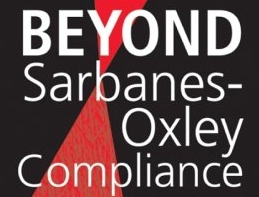 If you are like most companies, it would be in your best interest to reduce costs, simplify operations and increase efficiency by converting to electronic documents storage. But there are some serious concerns that all companies which move to these systems will need to address.
If you are like most companies, it would be in your best interest to reduce costs, simplify operations and increase efficiency by converting to electronic documents storage. But there are some serious concerns that all companies which move to these systems will need to address.
A concern for any publicly traded company is the Sarbanes-Oxley Act, a federal law that requires any financial or accounting document to be available for auditors or federal authorities. Corporate executives and accountants that don’t comply with this law can go to federal prison.
Any company that files a report with the SEC must comply with Sarbanes Oxley. This means that records must be accessible and retrievable at any time — or the company can get into serious legal trouble.
Continue reading “Everything You Need To Know About Storing Documents Electronically”
